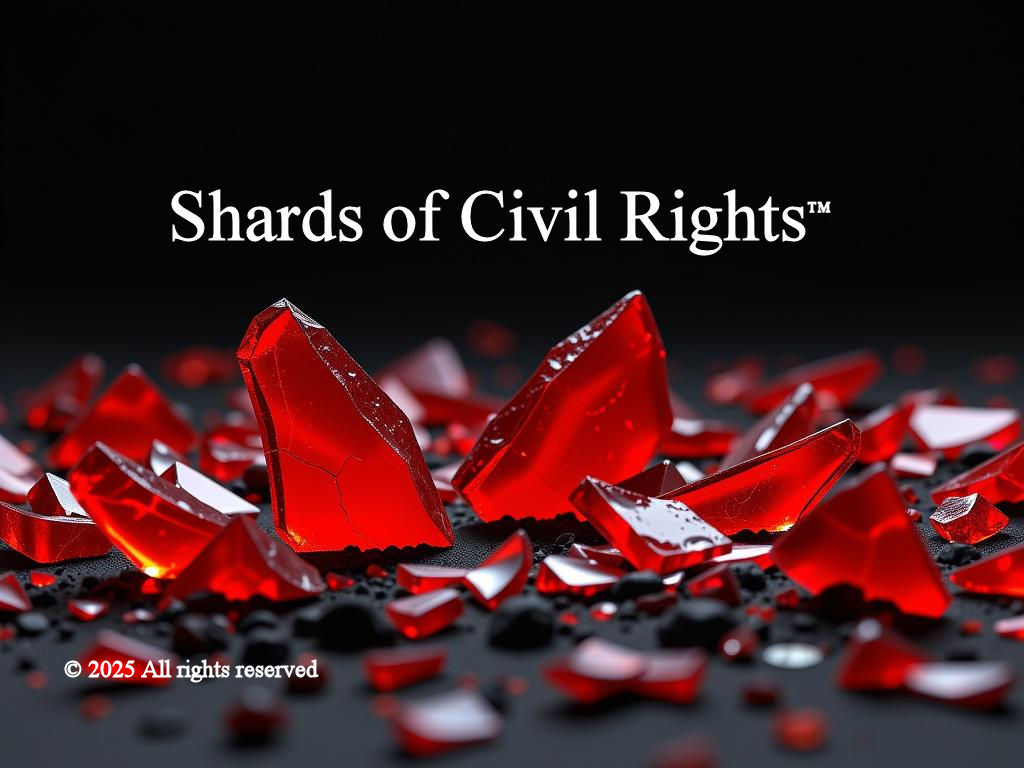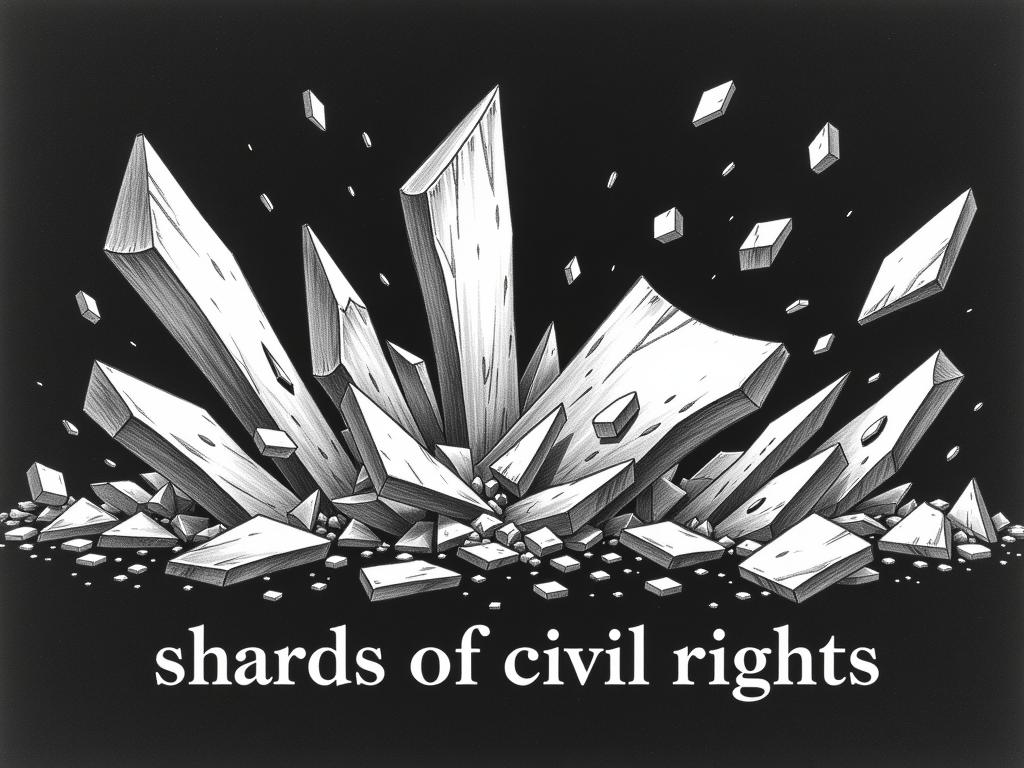Could Happen to You

Don’t think your civil rights could be violated? Google “James Comey.” Welcome to our world, Mr. Comey. We are about four years ahead of you.
“Nobody wants to hear how innocent you are,” we have been told . . .repeatedly.
The Federal Ninth Circuit District of Hawai’i is one of the most corrupt, politicized backroom court systems in the United States. Yes, it may be worse than New York State!
Why do we say this? My wife and I have been caught up in the District of Hawai’i’s antics after having been set up by the U. S. Department of State. We have seen the results of bogus investigations and arrests, a lack of help from defense attorneys, destruction or hiding of beneficial evidence, international defamation, courts which stand by the government agents every time, kangaroo courtrooms (“You’re a danger to the community and a flight risk!”), and continued investigation (harassment) after all supposed “debts to society” have been paid.
How do we prove our innocence? A little more difficult to stomach, but it’s all true: The U.S. government has never admitted or denied that we were assisted by the U.S. Department of State in the late 1980s. You would think the government would be the first to call us liars if our claims were untrue. Well . . . they haven’t said a word about it.
We are not the only people to have been subjected to government shenanigans, either. We have undertaken hundreds of interviews with people caught up in supposed crimes in the District of Hawai’i, people who could be considered bad or good . . . or, at the very least, vulnerable and unsuspecting.
Real example: Fred (fictitious name) was approached by one of his friends to rob a drug dealer. They talked about it over a period of several days, but, when the event was supposed to happen, it fell through. Fred was arrested several days later for “conspiring” to commit a robbery, though the robbery never happened. Yes, drug dealers are bad people, but Fred was set up. He’s no robber, but he talked about committing a crime. Turns out, it is a crime to talk about committing a crime, even if it never happens. Robbing a drug dealer effects interstate commerce, meaning that the federal government protects the sale and distribution of illicit drugs, as supported by various Supreme Court decisions[1]. To prove conspiracy, a crime does not actually have to occur.[2] Fred was sent to prison. Hurray for the Ninth Circuit the District of Hawai’i for prosecuting a robbery of a drug dealer which never happened! This is NOT an isolated case.
Think that was out of line? Try this: Say your daughter and her boyfriend decide to go out on a romantic date–the problem being, unbeknownst to her, he is involved with drugs. Their tryst is videoed by federal agents using night vision cameras. Later, your daughter is approached by investigators to turn on her boyfriend, else these videos could turn up in places she might not like. Blackmail? Far-fetched? Not at all. Hawai’i Revised Statutes allow nude photography and videography if there is an “investigation” (HRS §711-1110.9: Violation of privacy in the first degree).[3] Remember I mentioned, two paragraphs ago, using people who are vulnerable and unsuspecting. (Something similar to this occurred in our case.)
And if your daughter is stopped while driving a vehicle (without knowing there are drugs in her boyfriend’s backpack, in that vehicle), she’ll never see a warrant. She’ll be arrested on the spot for probable cause, or agents will get a warrant after-the-fact stating she is a “flight risk”.
Changes need to be made to the laws in this state. Certainly, there are crimes, drugs, and a multitude of illicit activities in the state of Hawai’i, but making up investigations just to fill a quota does nobody any good.
We have this to talk about as well: the supposed drug rehabilitation programs both in and out of the federal prison system in Hawai’i . . . not to mention the placing of non-drug offenders in Safe and Sober houses intended for the treatment of drug offenders. This is the only state which DOES NOT have any Federal Residential Reentry Centers, or RRCs. These are federal halfway houses which are supposed to provide a supervisory environment aiding (primarily non-drug) offenders to be reintegrated into society. They offer job placement, financial assistance, and counseling.
My wife and I have been torn by the broken shards of civil rights: civil rights which should have protected us . . . and did not, due to the corruption of the local and federal Department of Justice. These are the same rights which should protect YOU and your children, until your son or daughter is caught hanging out with the wrong people . . .
Because of all the law enforcement corruption we have witnessed in the past three years, we have decided to brush off the typewriters and become one of the only watchdogs in the lovely state of Hawai’i.
Welcome to Shards of Civil RightsTM .
We’re all walking barefoot on broken glass.
Notes
[1] Supreme Court case concerning the Hobbs Act, Taylor v. United States, 579 U.S. _(2016): https://supreme.justia.com/cases/federal/us/579/14-6166/#opinions
[2] Cases concerning conspiracies
Brady v. United States, 397 U.S. 742 (1970): The Supreme Court discussed the elements of a conspiracy in criminal law, noting that the mere existence of an agreement to commit a crime, coupled with an overt act (like talking about the intended crime), is sufficient to charge conspiracy. This case also underlined that harm may not necessarily be required for a conviction of conspiracy, if the agreement itself relates to a possible criminal act.
States v. Jiménez Recio, 537 U.S. 270 (2003): The Court held that a conspiracy charge does not require completion of the criminal objective. Even if the intended harm (e.g., drug trafficking) is thwarted, any conspiracy in and of itself may still be charged as an independent crime. This decision illustrates that harm to any victim, or the completion of any criminal act, is not always necessary for a conspiracy conviction.
[3] Hawaii Revised Statutes §711-1110.9 Violation of privacy in the first degree.
(1) A person commits the offense of violation of privacy in the first degree if, except in the execution of a public duty [emphasis added] or as authorized by law:
(a) The person intentionally or knowingly installs or uses, or both, in any private place, without consent of the person or persons entitled to privacy therein, any device for observing, recording, amplifying, or broadcasting another person in a stage of undress or sexual activity in that place;
(b) The person knowingly discloses or threatens to disclose an image or video of another identifiable person either in the nude, as defined in section 712‑1210, or engaging in sexual conduct, as defined in section 712-1210, without the consent of the depicted person, with intent to harm substantially the depicted person with respect to that person’s health, safety, business, calling, career, education, financial condition, reputation, or personal relationships or as an act of revenge or retribution; or
(c) The person intentionally creates or discloses or threatens to disclose an image or video of a composite fictitious person depicted in the nude as defined in section 712-1210, or engaged in sexual conduct as defined in section 712-1210, that includes the recognizable physical characteristics of a known person so that the image or video appears to depict the known person and not a composite fictitious person, with intent to substantially harm the depicted person with respect to that person’s health, safety, business, calling, career, education, financial condition, reputation, or personal relationships, or as an act of revenge or retribution.
(2) Other than as prohibited in paragraph (1)(c), this section shall not apply to images or videos of the depicted person made:
(a) When the person was voluntarily nude in public or voluntarily engaging in sexual conduct in public; or
(b) Pursuant to a voluntary commercial transaction.
(3) Nothing in this section shall be construed to impose liability on a provider of “electronic communication service” or “remote computing service” as those terms are defined in section 803-41, for an image or video disclosed through the electronic communication service or remote computing service by another person.
(4) Violation of privacy in the first degree is a class C felony. In addition to any penalties the court may impose, the court may order the destruction of any recording made in violation of this section.
(5) Any recording or image made or disclosed in violation of this section and not destroyed pursuant to subsection (4) shall be sealed and remain confidential.
[L 1999, c 278, §1; am L 2003, c 48, §3; am L 2004, c 83, §2; am L 2014, c 116, §1; am L 2018, c 114, §1; am L 2021, c 59, §2]
